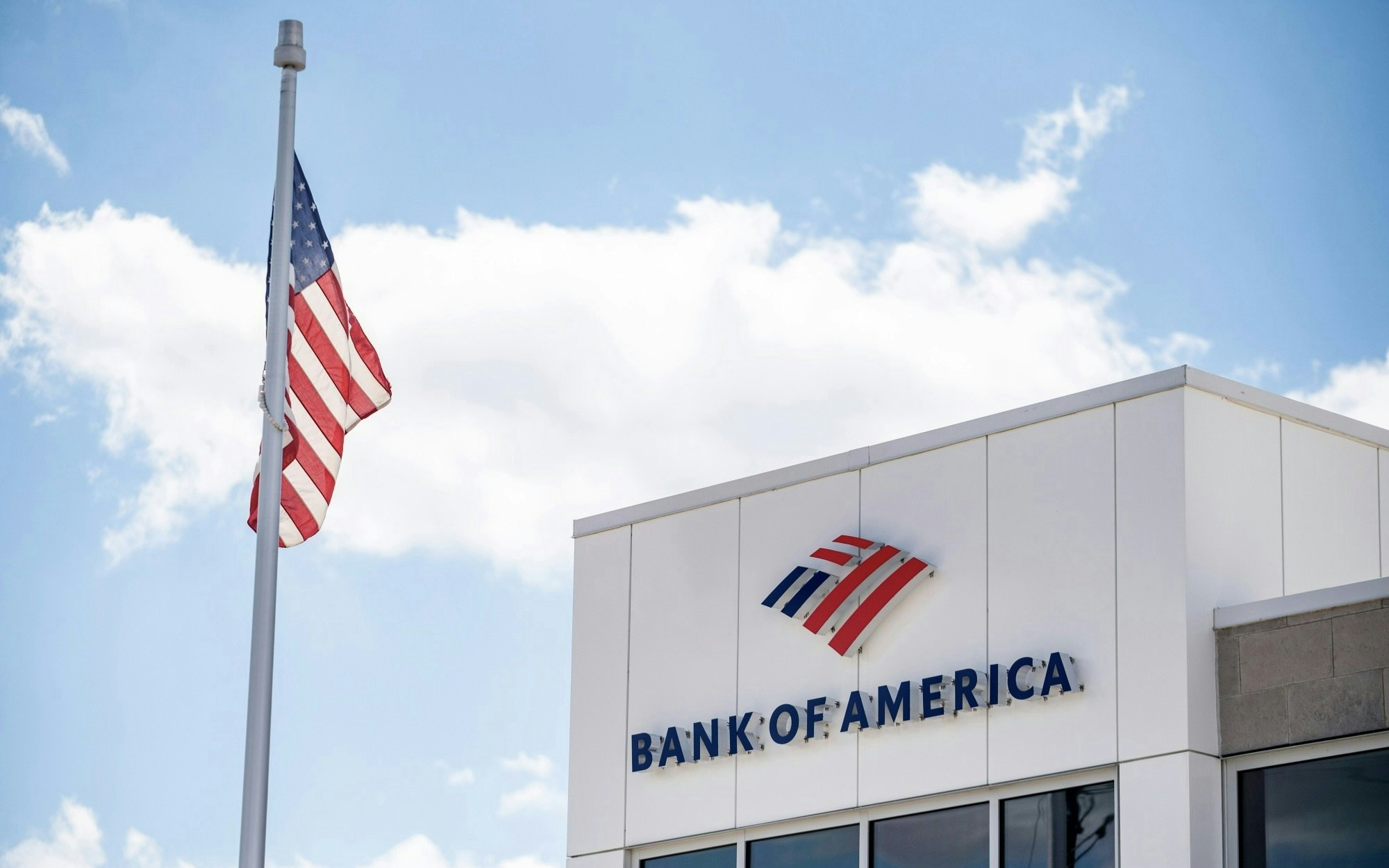Business
Bank of America forces employees into arbitration: What is behind the new regulation?
Wall Street giant deviates from public court system – Employees must resolve conflicts in private in the future

In a bold move, Bank of America joins the ranks of Wall Street banks that want workplace disputes to be settled largely behind closed doors. Instead of resorting to the public court system, employees of the second-largest US bank will have to resolve their conflicts through private arbitration in the future – a change that calls both supporters and critics into action.
Arbitration: The Silent Strategy of Wall Street
The decision to settle legal disputes internally is not unique to Bank of America. Over the years, Wall Street has popularized arbitration as a method of conflict resolution. This method not only promises cost savings but also a high degree of discretion. The process remains out of the public eye, allowing companies to handle even sensitive allegations discreetly. Critics frequently argue that this approach leads to lower compensation for affected parties, a point they regularly raise in discussions.
Why now?
According to an insider source who wishes to remain anonymous, the bank began informing its employees about the new regulation last Friday. Officially, the institution justifies its decision by stating that it is acting in line with industry standards. Already, the bank's employees registered with FINRA (Financial Industry Regulatory Authority) must settle disputes internally. With the new regulation, however, Bank of America is extending the obligation for arbitration to almost all employees in the USA, with few exceptions.
Protection for Victims of Sexual Harassment
One of the key exceptions concerns cases of sexual harassment and abuse. The US government has already acted against mandatory arbitrations in these areas to ensure that victims of assaults can publicly litigate their cases in court. Along with this, so-called whistleblowers can also continue to bring their concerns to the courtroom without the risk of having to push their claims into secrecy.
A Controversial System
Since the rise of the #MeToo movement, arbitration has increasingly been the focus of criticism.
The Bank of America, which employs more than 200,000 people worldwide, nevertheless emphasizes the advantages of arbitration, pointing to its effectiveness and confidentiality. In reality, however, the question remains open as to whether the process truly considers the interests of the employees – or rather those of the bank itself.
The translation of the heading "Arbitration als Schutzschild?" to English is "Arbitration as a Shield?
Critics of arbitration see the method as a tool of power asymmetry, favoring companies and disadvantaging employees. For many companies, arbitration is a way to resolve conflicts without much public attention and without detailed documentation. A decision in arbitration often remains undisclosed and is difficult to verify. Especially in the financial world, where trust and transparency play a crucial role, this form of conflict resolution is controversially discussed.
Conclusion: A Dam Break in Employee Policy?
Whether Bank of America is setting a signal for other companies with this decision remains to be seen. What is clear is that the pressure on employees to resolve their conflicts behind closed doors is increasing, which could have significant long-term impacts on the work environment and transparency in large corporations. Only time will tell if this step is a necessary adaptation to the industry or a problematic shift towards an even more opaque corporate culture.




